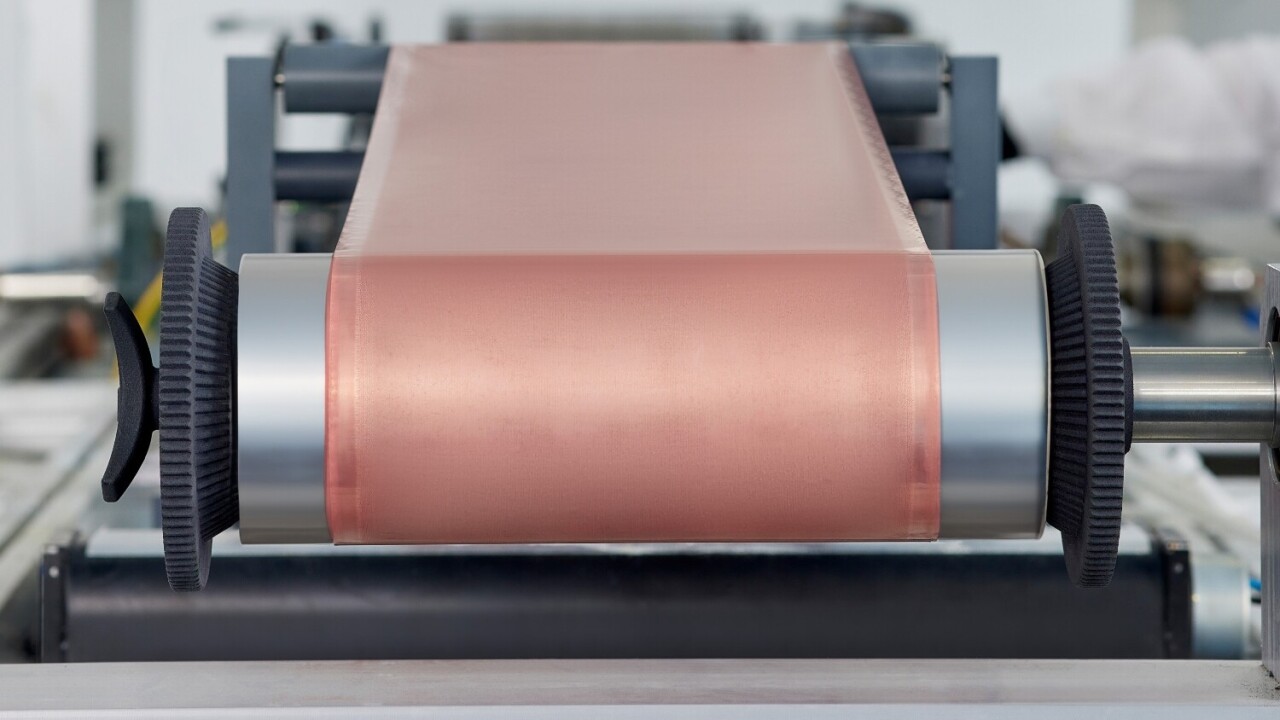
London-based Addionics has raised $39mn in funding as it eyes commercialisation of its 3D ‘current collectors’ that can boost the performance of any battery, regardless of its chemistry.
The venture capital arm of General Motors and Israeli VC fund Deep Insight led the round, with participation from Swedish truck-maker Scania.
The startup has developed a 3D-structured ultra-thin copper foil that can simply “drop in” to existing battery architectures. The so-called current collector minimises internal resistance within a battery, allowing energy to flow more efficiently. This improves capacity, charging time, and battery life.
While these benefits apply to all batteries, Addionics is focusing its efforts on the automotive industry.
EV-makers and their battery manufacturers are racing to build batteries that charge faster and last longer. Addionics tech can help boost performance simply by changing the physical structure inside the battery, which it claims is a lot cheaper than tinkering with battery chemistry.
“Addionics’ current collector design shows promise in enabling improved battery performance at a lower cost,” said Anirvan Coomer, managing director at GM Ventures.
The Israel-born company will use the fresh funding to ramp up R&D as it looks to open its first gigafactory in 2027. The plant will be built not in Europe but the US.
“With the incentives that the US government is providing, it’s a crime not to try to do it in the US,” CEO and co-founder Moshiel Biton previously told the Financial Times. “We haven’t found any other location that provides similar incentives.”
In February, Addionics announced that it plans to invest $400mn to build the plant, and an undisclosed number of additional facilities set to be complete by 2032.
Combined, the factories could produce tens of thousands of tons of 3D copper foil per year — enough to enable 90GWh of battery capacity annually. This would reduce the “overall cost of batteries in the US,” Addionics said following the announcement.
So far Addionics has secured $72mn in total since Biton and Farid Tariq co-founded the company in 2017. It plans to raise hundreds of millions more via grants, equity, and debt.
Get the TNW newsletter
Get the most important tech news in your inbox each week.




